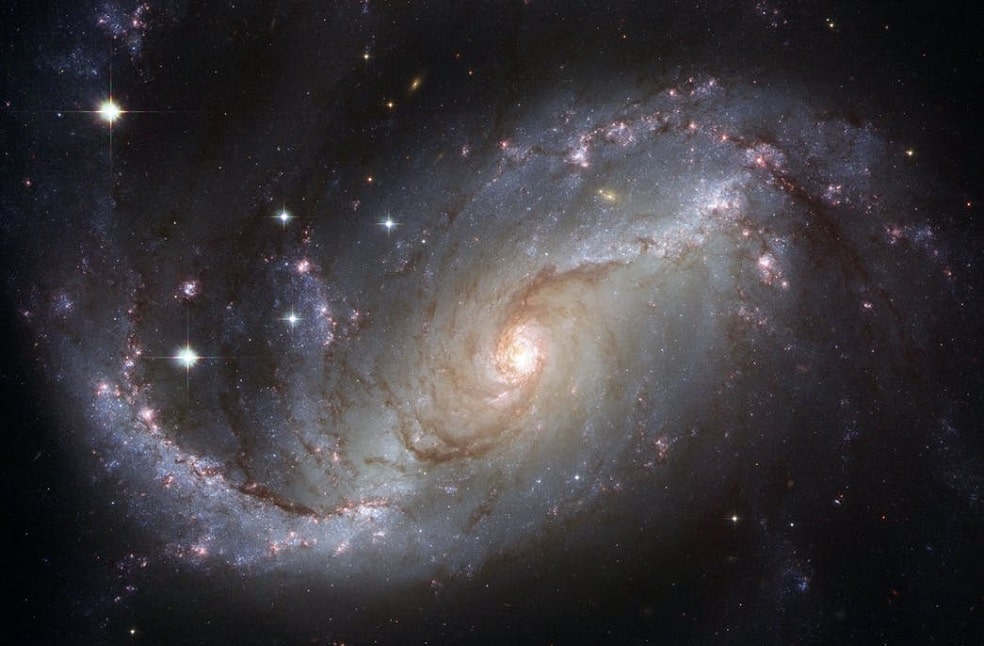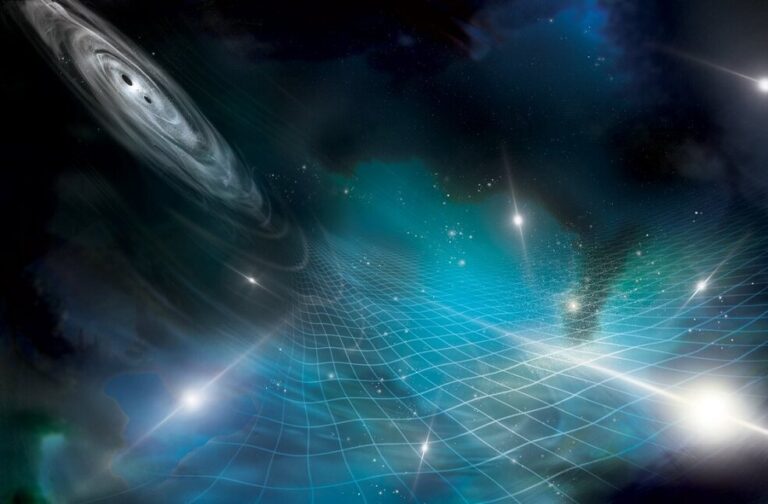United States: Scientists have announced a discovery that is the first evidence of a long-theorized type of gravitational waves that create a constant “background hum” throughout the universe. This remarkable finding, unveiled on 28th June 2023, is the result of extensive research conducted by hundreds of scientists using radio telescopes across different countries.
Gravitational waves, initially predicted by Mr. Albert Einstein over a century ago, are disturbances in the fabric of space that propagate through everything at nearly the speed of light with minimal obstruction. It was only in 2015 that their existence was confirmed when observatories in the United States and Italy detected gravitational waves originating from the collision of two black holes. These waves, known as “high-frequency” waves, were the result of a single intense event that produced a powerful and brief burst of energy rippling towards Earth.

However, researchers have long been in pursuit of a different kind of gravitational wave known as “low-frequency” waves. Unlike their high-frequency counterparts, low-frequency waves are believed to be constantly present in space, resembling a background noise that permeates the universe. These slow ripples have extended cycles that can last for years or even decades and are likely emitted by some of the largest entities in existence: supermassive black holes billions of times more massive than the Sun.
Pooling their efforts under the International Pulsar Timing Array consortium, scientists have now gathered compelling evidence of these background waves. This achievement marks a significant milestone in understanding the workings of the universe and provides a new perspective for observing celestial phenomena.
The discovery of low-frequency gravitational waves opens up exciting possibilities for further exploration and deeper insights into the cosmos. It represents a collective triumph for the scientific community, affirming the validity of Mr. Einstein’s theory and shedding light on the mysteries of our vast universe.



